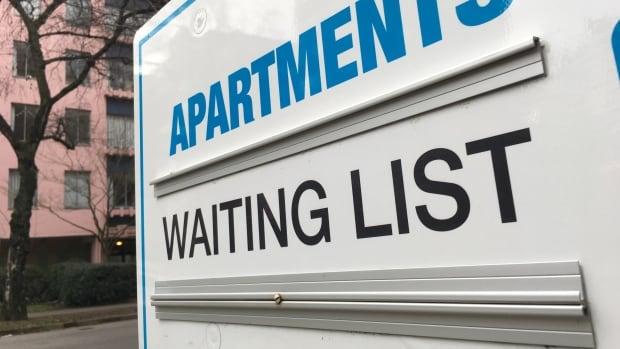Posted on November 14, 2022

While the dramatic impact of higher lending rates on the housing market has been well documented, what’s happening in the rental market hasn’t gotten nearly as much attention.
Because as anyone who has signed a lease — or tried to — lately can attest, rent is going up across Canada at an unprecedented pace.
According to data from rental accommodation website Rentals.ca, the average rent in October across Canada was $1,976. That’s an increase of 11.9 per cent, well ahead of Canada’s inflation rate of 6.9 per cent.
The increases aren’t even across the country, either, as Atlantic Canada has seen rents increase at the eye-watering pace of 32.2 per cent in the past year. Ontario, B.C. and Alberta have seen increases of 17.7 per cent, 15.1 per cent and 13.2 per cent respectively.
Other regions saw increases of slightly below the national average, but in just about every market across the country, tenants are facing a huge jump in the cost of keeping a roof over their head.
Calgarian Kellie Knight knows this all too well. She rents a two-bedroom unit in the city for $2,200. That’s a jump of about $500 compared to what she paid for a comparable unit just before the pandemic. And it’s bad enough that her rent now eats up about half her monthly income — far more than financial experts say is advisable.
“I was shocked how much prices had gone up and very quickly had to rearrange my budget to make today’s rent work,” she told CBC News in an interview. “When you’re spending over half of your monthly pay on rent, you’re not saving anything for a down payment.”
Yet she was happy to sign up for a two-year lease recently to lock in that price, because it gave her a reprieve from the uncertainty she would have faced if she had to move.
“I moved here from Los Angeles, and if you had told me at that time that I would be paying L.A. rent prices in Calgary, I would have thought you were delusional,” she said.
Supply and demand imbalance
Normally, a slowing real estate market might be good news for renters, as landlords might be more eager to find good tenants. But that’s not happening right now for a reason that Canadians have become very familiar with in the pandemic: supply and demand.
“Interest rates are actually working to elevate rent inflation because many people are not buying so they are renting more,” said CIBC economist Benjamin Tal.
People who would normally love to own are finding themselves priced out of the market by higher lending rates, which is causing them to either enter or stay in the rental market.
When demand surges, it’s often met by a corresponding increase to supply, but that’s not happening right now because builders and owners are fearful of the risk.
“Developers are cancelling projects because of the cost of building,” Tal said. “Investors, due to higher interest…
